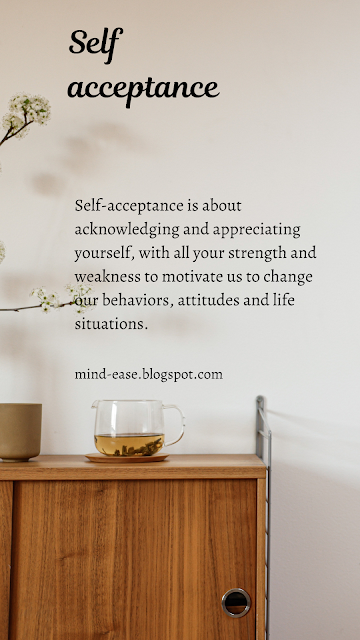Tips To Help You Improve Your Relationship

A healthy relationship is one based on trust and safety (which is why) small gestures are a great way to keep these two things strong. Healthy relationships are sharing a common goal for exactly what you want the relationship to be and where you want it to go. Healthy relationships are built on compromise, no matter how strong your connection is as a couple, maintaining that energy is important without ongoing effort. You and your partner might eventually find yourself stuck in a loop of recurring problems or living in a boring routine that winds up driving you apart. But all of that can be prevented if you look for little ways to improve your relationship every day. A few tips work to improve relationships: be a good listener, carve out time together, and enjoy a quality sex life, while these have been proven effective for relationships. You can also branch out to these ways to bond and enhance your relationship continuously, making an effort also means you get to cre...







